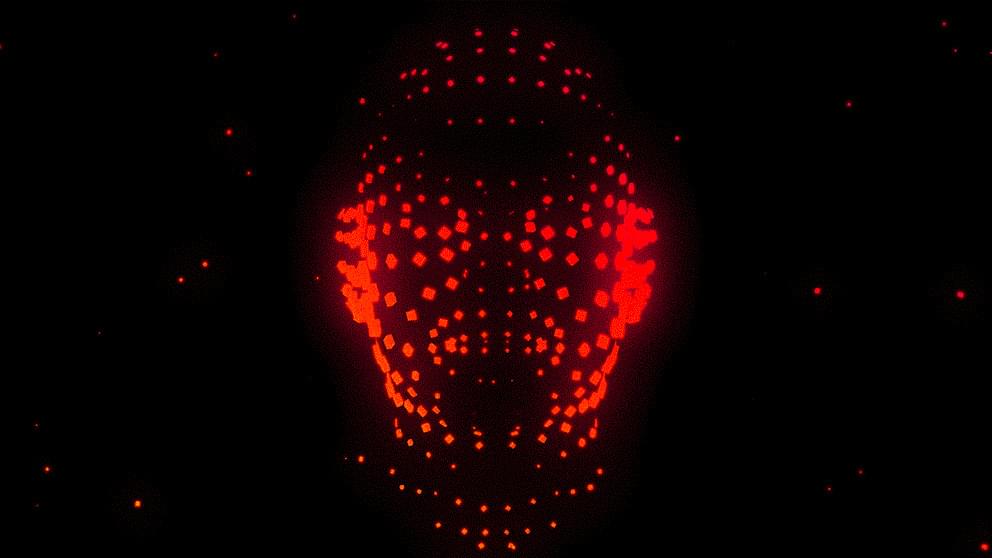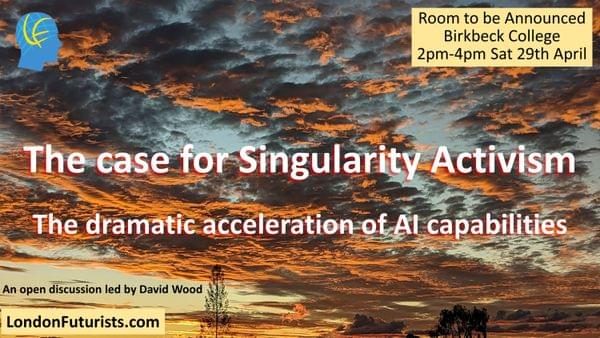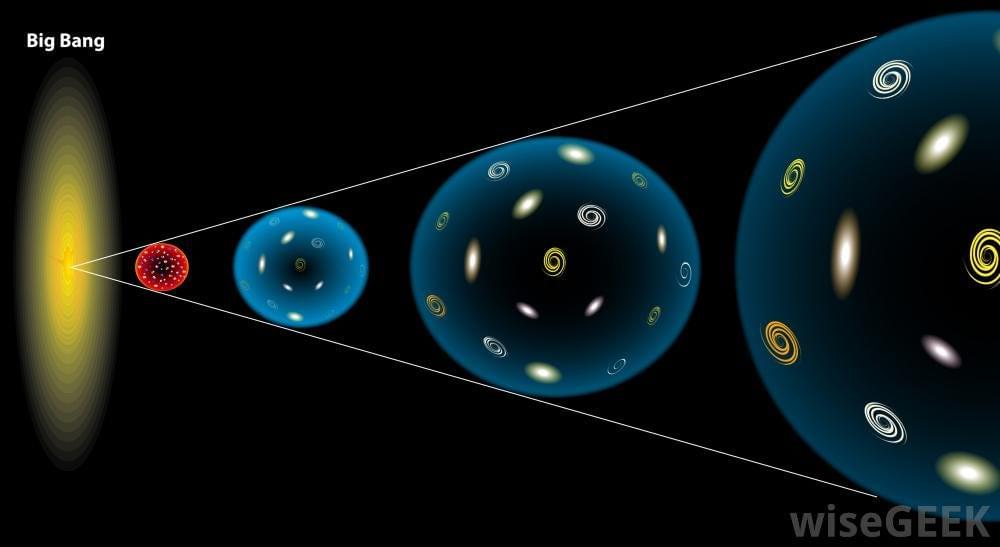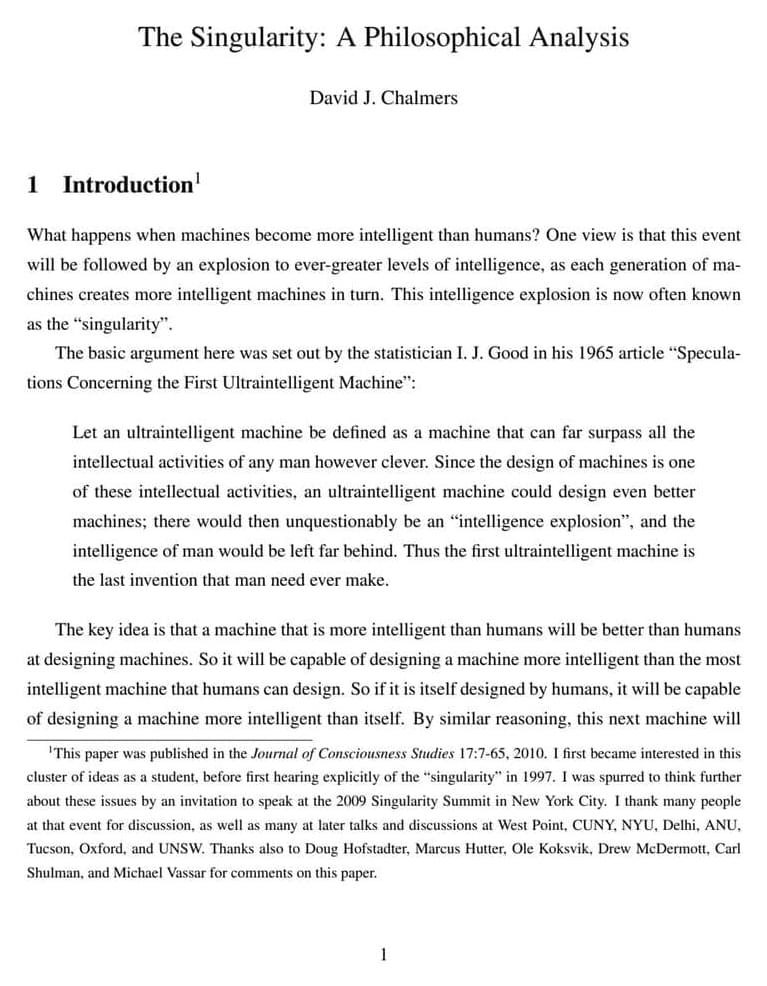This may sound like a science fiction scenario, but some physicists have proposed that this could be the case. In this article, we will explore the idea that our universe may be inside of a black hole, and what implications this would have for our understanding of cosmology and physics.
A black hole is a region of space where gravity is so strong that nothing can escape, not even light. According to Einstein’s theory of general relativity, black holes are formed when massive stars collapse at the end of their life cycle. The resulting singularity is a point of infinite density and zero volume, where the laws of physics break down.
Scientists discover possible connection between human brain and cosmos on a quantum scale.






